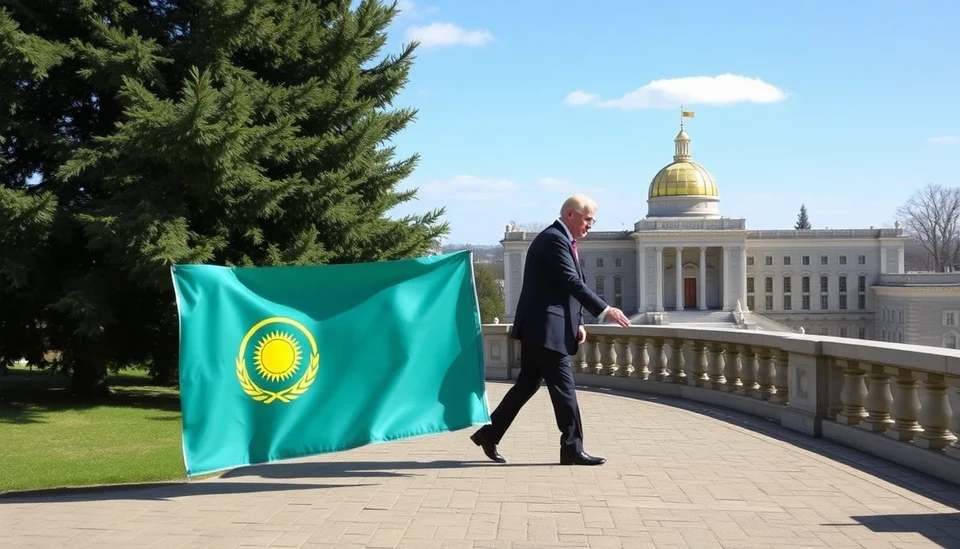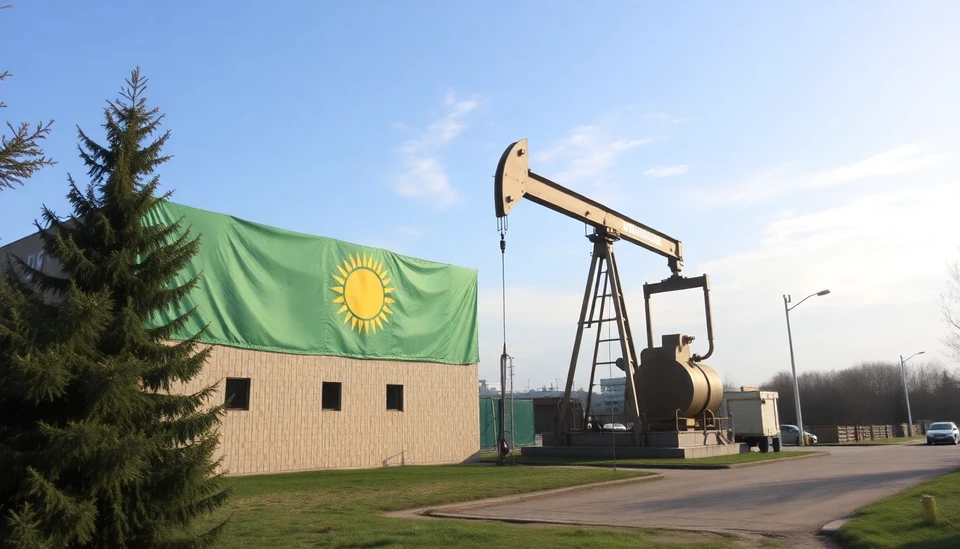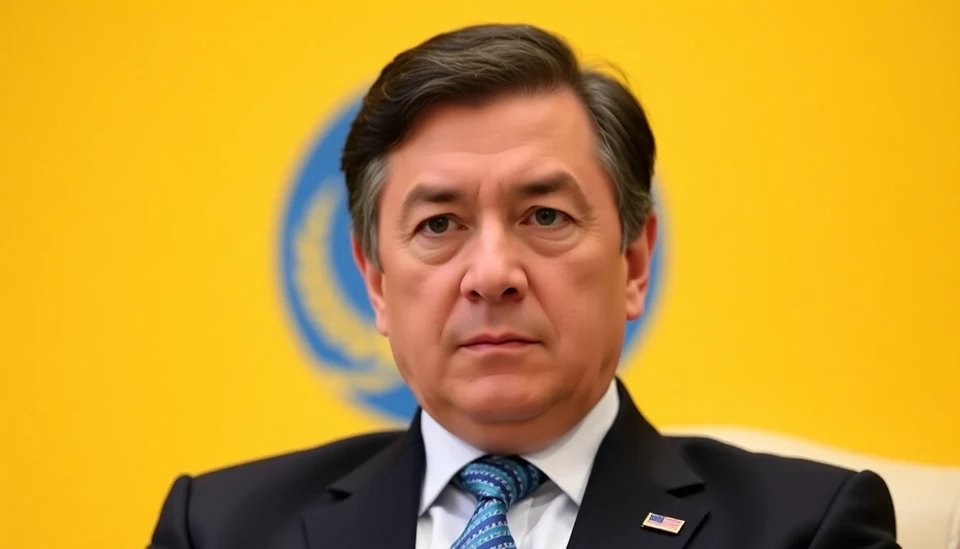
In a bold financial maneuver reflecting contemporary market dynamics, Kazakhstan has made headlines with its recent decision to invest $1 billion in inflation-hedging bonds. This strategic undertaking, which bears an uncanny resemblance to economic policies previously championed by former U.S. President Donald Trump, aims to fortify the country's fiscal stability in the face of rising global inflation rates.
The bond purchase is part of a broader economic strategy that underscores Kazakhstan's commitment to safeguarding its economic future amid uncertain market conditions. Given the unpredictable nature of global economies—exacerbated by post-pandemic recovery challenges and geopolitical tensions—Kazakhstan's leadership is taking preemptive steps to protect its financial interests.
Economic analysts point to the increasing inflationary pressures affecting countries worldwide. In response, Kazakhstan's latest investment strategy signals a proactive approach, reminiscent of Trump's emphasis on economic resilience and growth through investment. While the former president was frequently associated with a focus on domestic industry and job creation, Kazakhstan appears to be interpreting similar principles to address its own inflation challenges.
By acquiring bonds that actively hedge against inflation, Kazakhstan aims to stabilize its economy and maintain investor confidence. The move is expected to attract even more foreign investment, fostering a robust economic environment. Additionally, this $1 billion investment indicates the government's intention to diversify its financial portfolio, ensuring a stronger buffer against market volatility.
The specific bonds purchased are designed to yield returns that outpace inflation, ultimately enhancing the purchasing power of the nation's currency. Analysts suggest that this tactic is especially relevant considering the current economic climate, where inflation rates continue to fluctuate unpredictably. With the global economy still grappling with the remnants of supply chain disruptions and elevated energy costs, Kazakhstan's action could serve as a model for other nations seeking to navigate similar financial uncertainties.
Moreover, the decision to invest in inflation-hedging bonds not only reflects a commitment to sound economic principles but also aligns with broader worldwide economic trends where other nations are adopting defensive measures against inflation. This movement highlights a growing recognition among global powers about the necessity of proactive fiscal measures to mitigate the adverse impact of inflation on both national economies and individual citizens.
As countries worldwide monitor the impacts of inflation and the efficacy of various fiscal strategies, Kazakhstan's $1 billion purchase stands out as a determined effort to solidify economic infrastructure and promote financial resilience. It marks a significant chapter in the nation’s financial narrative, propelling it toward a future where economic stability and growth can thrive even amidst global economic uncertainty.
In conclusion, Kazakhstan’s latest investment exemplifies a blend of strategic foresight and adherence to principles that resonate with both national interests and global economic trends. This decisive action may very well signal the beginning of a paradigm shift in how countries approach inflation and economic stability in the years to come.
#Kazakhstan #InflationHedging #Bonds #EconomicStrategy #TrumpEconomics #FiscalStability #GlobalEconomy #Investment
Author: Daniel Foster




